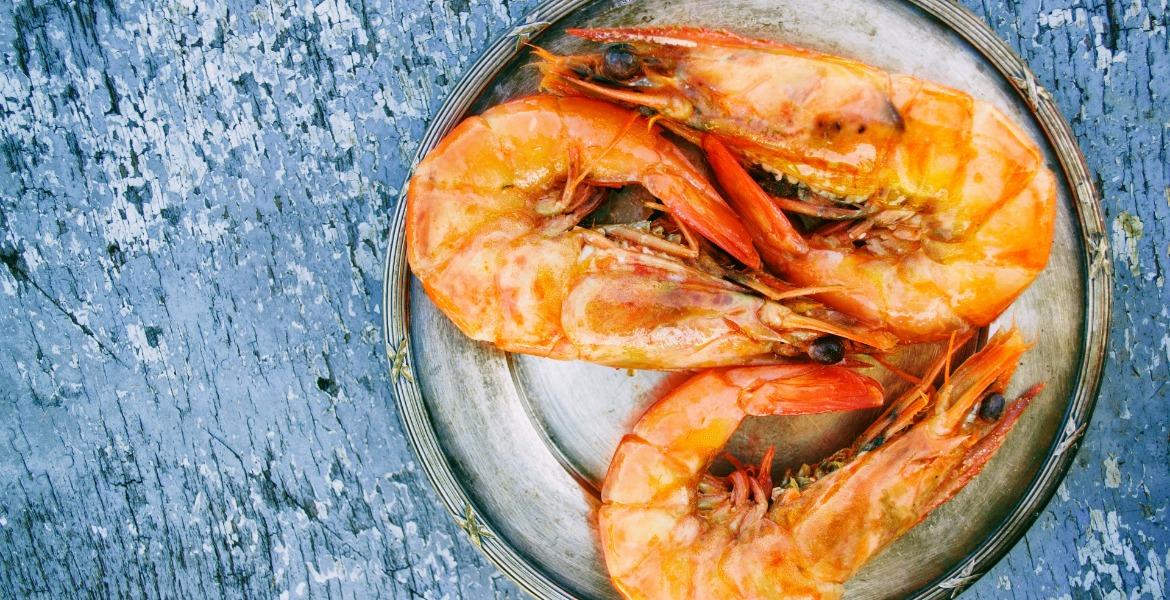
How to store:
Meat, poultry and seafood
Meat and poultry
- Refrigerate raw meat and poultry promptly after purchase. Store it in a sealed, glass or ceramic container or wrap it to prevent it contaminating other food in the fridge.
- Keep raw meat and poultry at the bottom of the fridge to avoid contamination.
- Keep it refrigerated until it’s ready to be cooked.
- Wrapped fresh meat can be kept safely for up to 3 days in temperatures of 0–3 degrees Celsius.
- If you know it won’t be used within two days of purchase, it’s better to freeze it straight away.
Defrosting frozen meat and poultry
- Never defrost meat or poultry at room temperature on the bench top.
- Thaw meat slowly in the fridge. Boneless chicken breasts will usually defrost overnight. Whole chickens might take one to two days or longer. Once defrosted, meat and poultry can be kept in the refrigerator an additional day before cooking.
- If fridge thawing is not possible, meat can be defrosted in cold water or the microwave.
- Meat defrosted in the microwave should be cooked immediately after thawing because some areas might become warm and begin to cook during microwaving.
- Don’t store partially cooked meat or poultry; any bacteria present may not have been destroyed.
Cooked meat and poultry
- Meat and poultry must be refrigerated as soon as possible after cooking. Never leave cooked meat at room temperature for longer than two hours.
- Keep hot food in an oven or on a stove, above 60 degrees Celsius, until you are ready to serve it. If it won’t be eaten within two hours, refrigerate it.
- Avoid condensation and do not cover hot pieces of meat before refrigerating. Place meat in your fridge (uncovered) until it cools, then cover cooled meat with a lid or in store in a sealed container.
Delicatessen meat
- Delicatessen meats such as ham, corned beef, salami and lunch meats must be stored in the fridge. They will keep for only 4–5 days after purchase.
- Pre-packaged delicatessen items can be stored until the USE-BY date.
Seafood
- Fresh whole fish should be gutted and washed if it is to be stored for more than 24 hours.
- Cooked or uncooked fresh seafood should be kept for only 1–2 days in the coldest, non-freezing, part of the refrigerator ensuring it will not touch or drip onto other produce.
- Wrap seafood well to prevent it drying and prevent the smell tainting other food in the fridge.
- If freezing fish, clean and prepare it as if you were going to eat it and freeze as fillets. You can freeze a whole clean fish, if you want to cook and serve it whole. Make sure you label and date the fish.
- If your freezer can maintain a temperature of minus 18 degrees Celsius or colder, lean seafood such as prawns, bream, whiting, snapper, lobsters and scallops will keep for 9–12 months.
- Fatty seafood such as mullet will keep for only 3–4 months.
- Refrigerate seafood as soon as possible after cooking.
- When seafood is served on festival celebration or events:
- Turn the fridge one degree lower for festival events like Christmas, to keep seafood cooler and avoid spoilage.
- Serve smaller portions and refill as needed to avoid exposure to heat in summer.
More Information
How to store: Flours and pastas, dairy and eggs, fruit and vegetables
Check out our video from Plastic Free Boy on how to keep food fresh at Christmas
NSW Food Authority - Food safety information council
